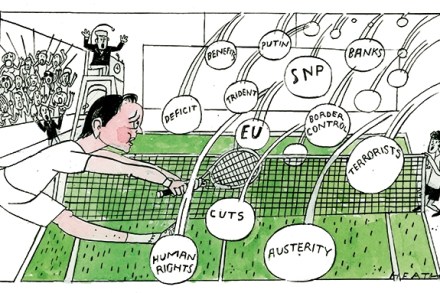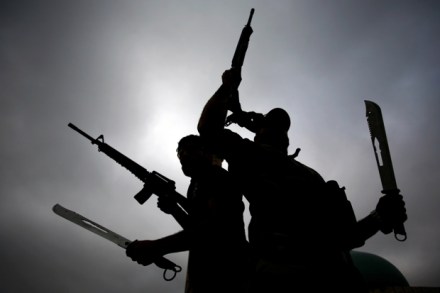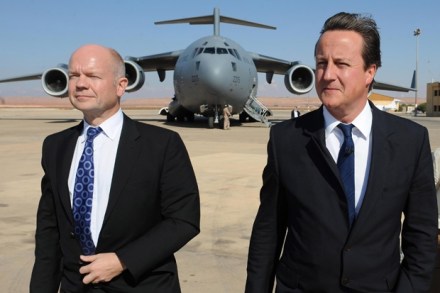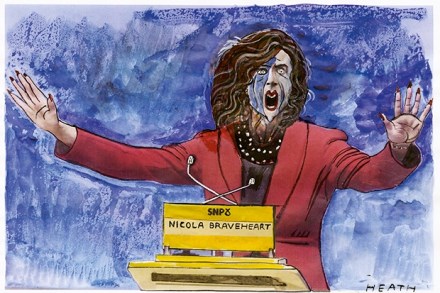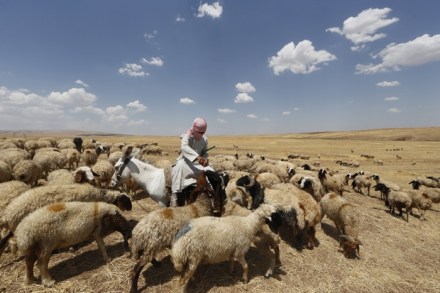Portrait of the week | 25 June 2015
Home Tens of thousands took part in a demonstration in London against austerity, and thousands more in other cities. Russell Brand was heckled for being too right-wing: ‘Fuck off back to Miliband,’ protestors in Parliament Square cried. David Cameron, the Prime Minister, explaining his thinking on further benefit cuts: ‘There is what I would call a merry-go-round: people working on the minimum wage having that money taxed by the government and then the government giving them that money back — and more — in welfare.’ The government sold more shares in the Lloyds Banking Group, bringing its ownership to less than 17 per cent. The village bank that appeared in an advertisement
